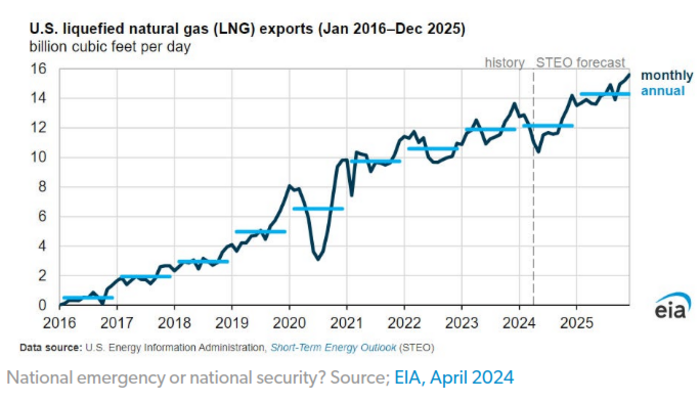by Roger Pielke Jr. at aei.org
Today, President Biden is once again being called upon by his supporters to declare a national emergency on climate change. Rather than argue for or against it, in this post I’m going to explain the history of such declarations, what recent experience says about their effectiveness in policy, and suggest the three questions we should be asking instead.
A national emergency declaration may be a political end, but it is also supposed to be a policy means — a mechanism intended to achieve certain outcomes in the national interest. Apart from the politics of using an emergency declaration to signal affinity with certain political interests, below I recommend the policy questions that we should be asking instead.
In 1866, in the case of Ex parte Milligan, the Supreme Court argued that the Constitution allowed sufficient room for the government to deal with existential threats, and that the invocation of additional authority by the president beyond that already granted by the Constitution was unnecessary and a bad idea:
“The Constitution of the United States is a law for rulers and people, equally in war and in peace, and covers with the shield of its protection all classes of men, at all times and under all circumstances. No doctrine involving more pernicious consequences was ever invented by the wit of man than that any of its provisions can be suspended during any of the great exigencies of government. Such a doctrine leads directly to anarchy or despotism, but the theory of necessity on which it is based is false, for the government, within the Constitution, has all the powers granted to it which are necessary to preserve its existence”

